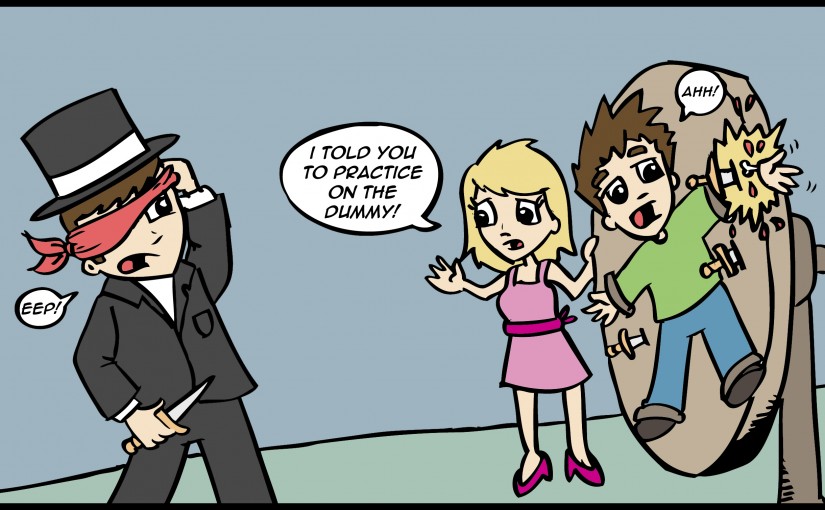The first time you do something should not be an attempt to collect as much data as possible. Quite the opposite, you should cut the procedure down to its bare bones doing only the minimum to find out if it works. Then you can correct any mistakes before you do the bulk of your work.
Complicating the procedure unnecessarily by collecting extra data will only increase the risk of making a mistake. Always learn the protocol by attempting the procedure before you attempt to maximise the data output. Otherwise, the most likely outcome is stress and failure.
Get Practical Tips
- Slowly increase the number of samples/patients/volunteers used in each research project. The first few times you will still be learning, and taking things in steps will reduce the chance of introducing error.
- If you need something to work first time, then you can try doing a dry run.
Read Personal Perspective
This advice is especially important if the protocol involves specific incubation times. The more samples you use, the harder it is to keep to those times.
It took me longer to cotton on to this than it should have. In every experiment I did in the early years, my goal was always to obtain the maximum data from it possible.
I watched my supervisor run 50 samples perfectly spaced at the correct intervals, and logic followed that I could do it as well.
WRONG.
After a lot of dead cells, stress and time spent staring at a machine that looked like a 70s black and white TV, I realised I’d forgotten something that made the whole thing pointless.
Instead of wasting one or two samples, I’d depleted my cells to run the maximum amount, and had to wait for them to grow back before I could try again. But even if I had remembered everything, the experiment would still have been a waste because I was so inefficient at the steps that the first samples treated were sitting in the fluorescent dye for much longer than the last ones. Each sample had received significantly different treatment by the time they were ready to analyse.
I wasn’t ready to work with those numbers.
Have you ever failed to follow this guideline? Do you have additional practical tips? Share your experiences or feelings in the comments below, or just give it a thumbs up.
